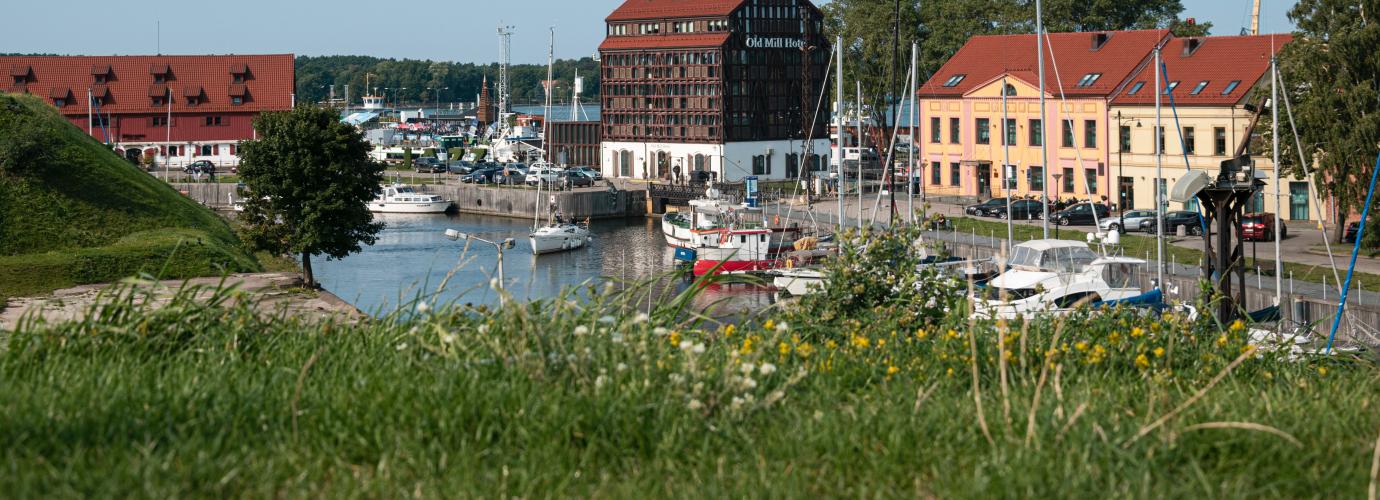Lithuania is supposed to establish procedures to validate non-formal and informal education depending on national circumstances and to the appropriate extent by 2018. This commitment is being implemented under the EU Council Recommendation of 20 December 2012 on the validation of non-formal and informal learning (2012/C 398/01). Other commitments to establish a system of competences validation are fixed in the Law on Non-formal Adult Education and Continuing Education that came into force on 1 January 2015. According to this law a non-formally or informally acquired competency might be recognised:
- as part of a formal education programme (except study programmes) by an order set by the Minister for Education and Science and as a part of a study programme by an order set by the higher education institution;
- as a competency required to perform a job or function regulated by the laws;
- as a qualification that corresponds to a level set up in the Lithuanian Qualifications Framework.
The Action Plan for the Development of Non-formal Adult Education for 2014-2016 states that ‘even though the system of validation of acquired competences has been established in higher education institutions for many years and 33 higher education institutions are prepared to provide the service of validation and have approved the necessary documents, according to information gathered by the Ministry of Education and Science only 646 adults participated in the validation process of non-formally acquired competences in 2012 and only 341 adult participated in this process in 2013. The validation was provided by the state’s universities and colleges .’
Taking into consideration the above-mentioned circumstances the action plan for 2014-2016 foresees the initial evaluation of formally and non-formally and informally acquired competences in the state’s vocational education institutions funded by EU funds. The second task in this action plan is to prepare and implement a system for formalising non-formally and informally acquired competences in the higher education institutions. The Minister for Education and Science (national authorities) has overall responsibility for the evaluation system, with vocational education and science and study institutions responsible for carrying out the evaluation process.
On 14 January 2015 the Description of the Order of Evaluation of a Person’s Acquired Competencies under the order of the Minister for Education and Science No. V-15 was renewed. The former description had been valid from 2012. Assessment of competences acquired in the course of gaining a qualification, learning according to formal or non-formal vocational education programmes, learning at work or learning informally is described in the description. The description is used to assess the competences of qualifications from levels I to V, which is regulated by the Description of the Lithuanian Qualifications Framework adopted by the Government in 2010. More information about the Lithuanian Qualifications Framework can be found in Chapter 2 ‘Organisation and Governance, in the subsection ‘National Qualifications Framework’. The assessment of the acquired competences is organised and implemented by the accredited institutions. The list of accredited institutions can be found here. An institution can become an accredited assessment institution under the Description of the Requirements for the Competencies Assessment Institutions and the Order of Accreditation. It is important to note that a vocational education provider who is accredited to assess competences cannot assess the competences of a person to whom he provided educational services. A commission formed by an accredited institution carries out the assessment. The assessment task consists of a theoretical part (a knowledge assessment test) and a practical part (a skills assessment task). The Ministry of Education and Science is responsible for the supervision of competence assessment.
Currently, competences gained in non-formal adult education can be assessed and recognised in 33 higher education institutions. The procedure of assessment and recognition is implemented by following 15 December 2010 Order No V-2319 For the Approval of Recommendations for the Assessment and Recognition of Competences in Higher Education Institutions Acquired through the System of Non-formal Adult Education. These recommendations are used for those who have acquired competences through non-formal adult education and seek to acquire a higher education qualification or those who wish to have official recognition of the competences acquired in order to increase their opportunities in the labour market. Differently acquired competences are evaluated in a higher education school. The competency might be acquired at work, by developing a qualification, participating in the activities of organisations and groups, volunteering, useful work in the work community, learning in institutions that provide non-formal education or informally, learning during leisure time etc.
The assessment and recognition of non-formally acquired competences proceeds in four stages:
- Briefing. During this stage the candidate is introduced to the evaluation – its principles, procedure, assessment conditions, possible results, studies corresponding to individual needs.
- Consulting. The candidate prepares for the assessment procedure through group or individual consultation.
- Assessment.
- Decision-making (evaluation).
The list of higher education institutions that provide qualification assessment can be found here.
More information about the validation of competences acquired through non-formal adult education and informal adult education can be found on the Cedefop website section ‘Validation of non-formal and informal learning’ http://www.cedefop.europa.eu/en/events-and-projects/projects/validation-non-formal-and-informal-learning. The validation of non-formally and informally acquired competences in Lithuania is reviewed in the state‘s report, which can be found on this webpage: https://cumulus.cedefop.europa.eu/files/vetelib/2014/87066_LT.pdf (the report provides data until 2014).

